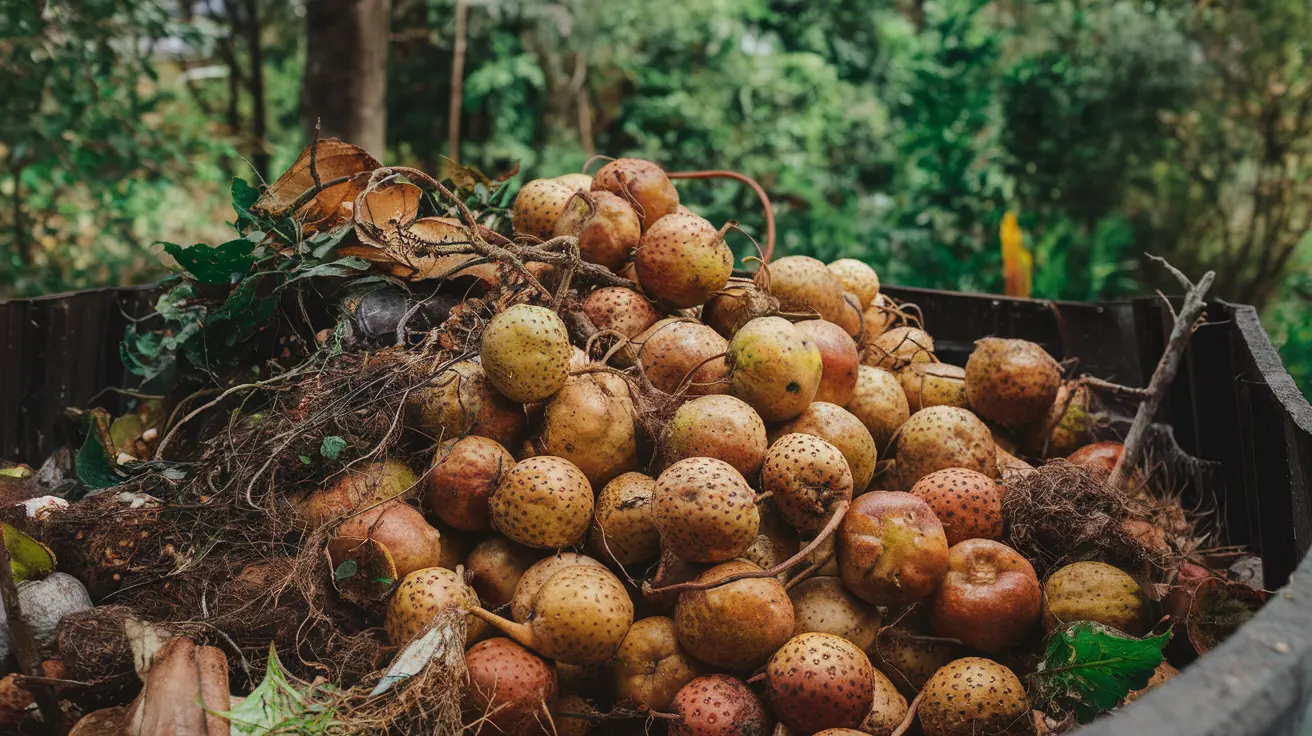Composting is a natural way to recycle organic waste. It enriches the soil and reduces landfill waste. But what happens when you compost unripened fruit? Many gardeners wonder if it affects the process. Let’s explore how unripe fruit decomposes and its impact on composting.
How Unripened Fruit Breaks Down
Unripened fruit contains more starch and less sugar. This affects the decomposition rate. Here’s how the process works:
- Microbial Action Begins – Bacteria and fungi break down the fruit’s outer layers.
- Starch Converts to Sugar – Starches slowly turn into simpler compounds.
- Moisture Increases – High water content adds moisture to the compost.
- Complete Breakdown – Over time, microbes fully decompose the fruit.
Benefits of Composting Unripened Fruit
- Boosts Soil Nutrients – Unripe fruit contains potassium and phosphorus.
- Improves Moisture Levels – Prevents the compost from drying out.
- Encourages Microbial Growth – Supports the breakdown of organic matter.
- Reduces Organic Waste – Keeps waste out of landfills.
Challenges of Composting Unripened Fruit
- Takes Longer to Decompose – Starches need time to convert.
- Attracts Pests – Can invite rodents and insects.
- Mold Growth Risk – Excess moisture may cause fungal growth.
Best Practices for Composting Unripened Fruit
- Chop into Small Pieces – Speeds up decomposition.
- Mix with Dry Material – Balance with leaves or straw.
- Turn the Pile Regularly – Ensures even breakdown.
- Cover with Soil – Helps control pests and odors.
- Monitor Moisture – Avoid excess wetness to prevent mold.
Impact on Compost Quality
Unripe fruit does not harm compost quality. It eventually breaks down and enriches the soil. Proper composting techniques ensure faster decomposition.
Final Thoughts
Composting unripened fruit is beneficial. It adds nutrients, moisture, and organic matter to compost. Though it takes longer to break down, proper methods speed up the process. By managing moisture and pests, you can turn unripe fruit into nutrient-rich compost for your garden.

